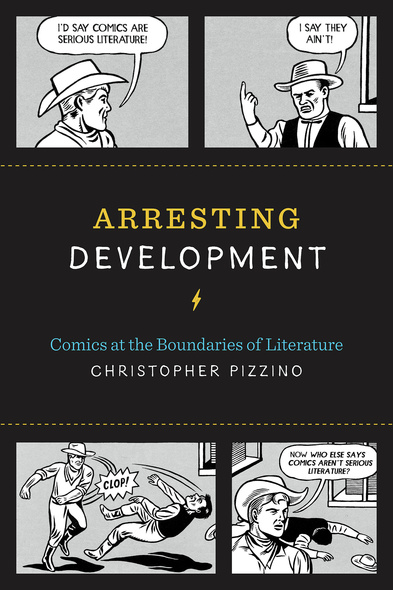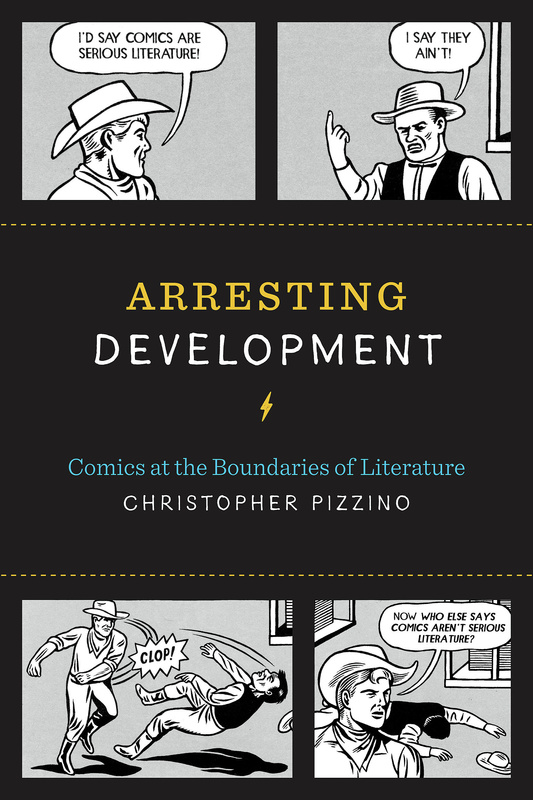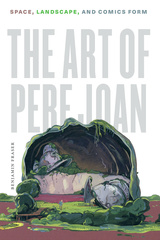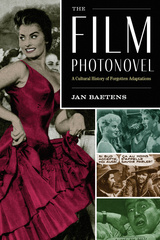
Arresting Development
Comics at the Boundaries of Literature
Mainstream narratives of the graphic novel’s development describe the form’s “coming of age,” its maturation from pulp infancy to literary adulthood. In Arresting Development, Christopher Pizzino questions these established narratives, arguing that the medium’s history of censorship and marginalization endures in the minds of its present-day readers and, crucially, its authors. Comics and their writers remain burdened by the stigma of literary illegitimacy and the struggles for status that marked their earlier history.
Many graphic novelists are intensely aware of both the medium’s troubled past and their own tenuous status in contemporary culture. Arresting Development presents case studies of four key works—Frank Miller’s Batman: The Dark Knight Returns, Alison Bechdel’s Fun Home, Charles Burns’s Black Hole, and Gilbert Hernandez’s Love and Rockets—exploring how their authors engage the problem of comics’ cultural standing. Pizzino illuminates the separation of high and low culture, art and pulp, and sophisticated appreciation and vulgar consumption as continual influences that determine the limits of literature, the status of readers, and the value of the very act of reading.
Arresting Development is an excellent point of connection between previous and current scholarship of the contemporary comics era—a project that encourages scholars to embrace the complexity of what it means to read and study comics.
Pizzino's book is an excellent work for understanding the medium of comics in a transatlantic Anglophone world.
Important…[Pizzino's] case studies will undoubtedly shape future critical discussions of the individual works that are their focus.
I recommend Arresting Development without reservation as the close readings of the comics in this book offer new insights that would not have been gained without the concept of autoclasm, a way of seeing comics as comics.
[Pizzino's] argument uncovers an important and often misunderstood history of comics' battle for cultural acceptance…Pizzino produces some enlightening readings of the formal ways cartoonists respond to the problem of legitimacy.
Arresting Development is a fascinating book...Pizzino offers interesting and thoughtful reflections on a number of important comic creators and works, and presents a refreshing new way to look at the question of 'status' in comics and the place of comics in relation to literature and fine art.
This extraordinary book is a potential game-changer in comics studies. In brilliant analyses of disparate works—from the Batman of Frank Miller to the literary memoirs of Alison Bechdel—Pizzino reveals an autoclastic and self-questioning tendency in comics and productively challenges the medium’s gentrification. The result is a breathtaking critical synthesis that will spark arguments (of the best kind) and may redraw the very boundaries of the field.
Learned, energetic, and wide-ranging. Pizzino is one of the best scholars of comics working today.
- Acknowledgments
- Introduction: From the Basement
- 1. Coming of Age: The Problem of the Bildungsroman
- 2. Autoclastic Icons: Picturing Illegitimacy
- 3. Pop Art Comics: Frank Miller
- 4. The Scandal of Pleasure: Alison Bechdel
- 5. Rolling in the Gutter: Charles Burns
- 6. Blood and Fire: Gilbert Hernandez
- Conclusion: On Becoming a Comics Scholar
- Notes
- Works Cited
- Index








